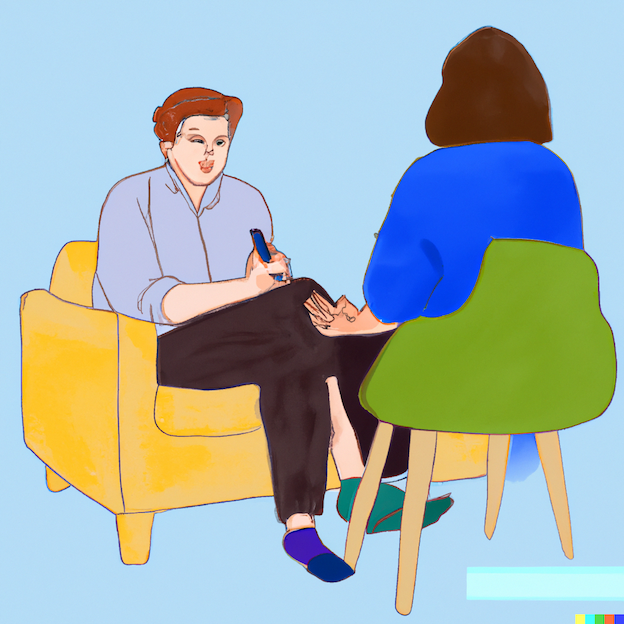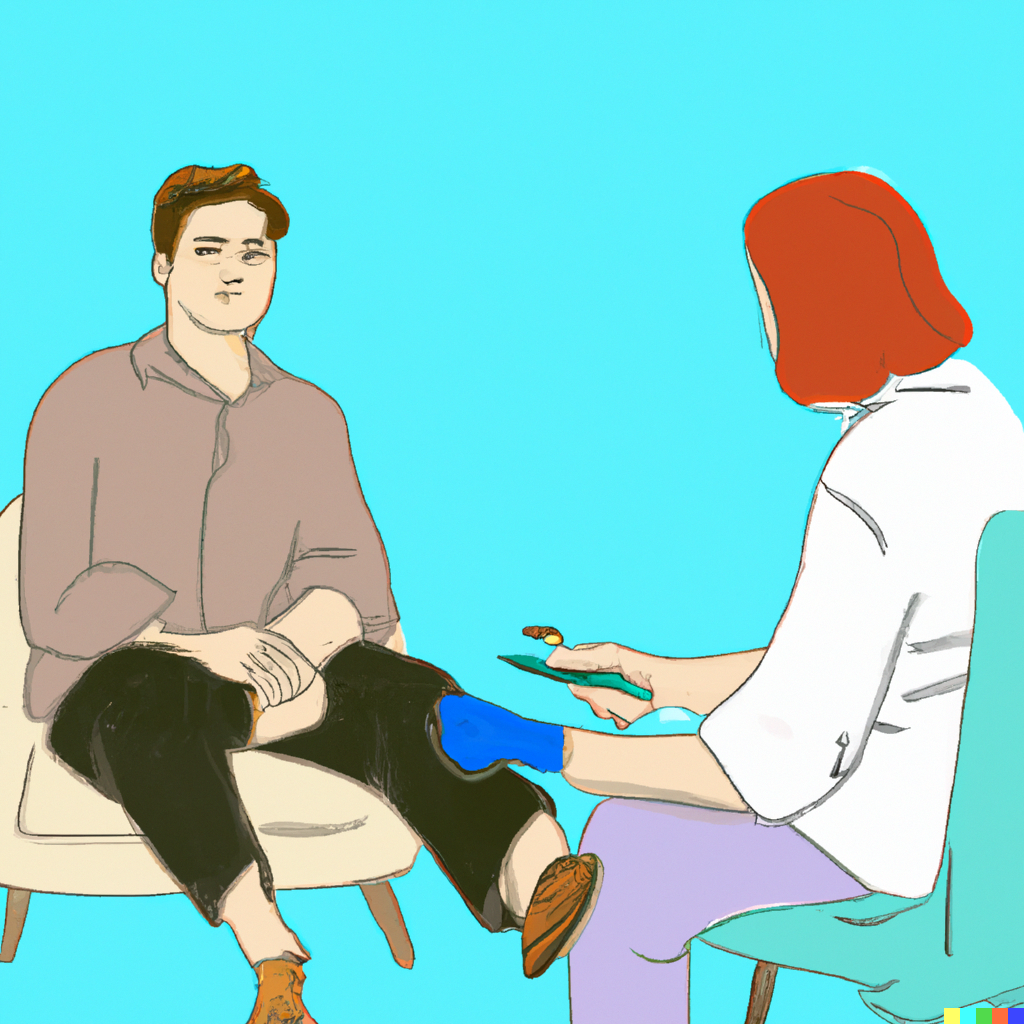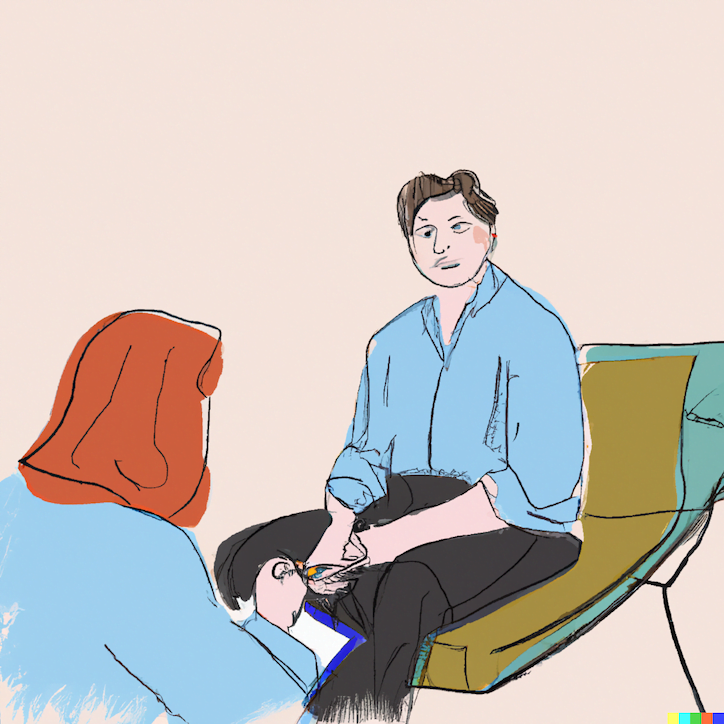DBT Therapist Qualities
The essential guide to what to look for in a DBT Therapist
As DBT therapists, our clinical team members play a significant role in helping individuals manage their emotional and psychological challenges. Lets see what DBT therapy entails and what qualities are necessary to become a DBT therapist.
Please use this link to book an assessment with us now.
Dialectical Behavior Therapy
DBT therapist and psychologist Marsha M. Linehan developed DBT in the 1980s, Dialectical Behavior Therapy is a cognitive-behavioral treatment approach specifically designed to help people with borderline personality disorder (BPD). It has since proven effective for a variety of mental health disorders, including substance dependence, depression, post-traumatic stress disorder (PTSD), and eating disorders.DBT combines standard cognitive-behavioral techniques for emotion regulation and reality-testing with concepts of distress tolerance, acceptance, and mindful awareness derived from Buddhist meditative practice. The overarching aim is to help patients create a ‘life worth living’ by developing effective strategies for coping with emotional instability.

Discover DBT Therapists at DBT London

Looking for a DBT therapist?
Here are several characteristics that make for a good DBT therapist:
- Training and Experience: DBT is a specific type of therapy that requires dedicated training. Therefore, a good DBT therapist should have specific DBT training and relevant experience in using it with clients.
- Adherence to the DBT Model: This includes the four standard components of DBT: individual therapy, group skills training, phone coaching, and consultation team meetings for therapists. Therapists should adhere to the therapy’s structure to provide the full benefits of DBT.
- Skillful and Knowledgeable: Therapists should be knowledgeable about the different skills and techniques in DBT, including mindfulness, distress tolerance, emotion regulation, and interpersonal effectiveness. They should be able to clearly and effectively teach these skills to their clients.
- Collaborative: DBT often involves a team approach, including the individual therapist, a group therapist, and sometimes other healthcare professionals. A good DBT therapist works well within this team and collaborates effectively with all parties involved.
- Compassionate and Non-Judgmental: DBT therapists should offer a supportive, empathetic, and non-judgmental environment for clients. They need to validate their client’s experiences while also encouraging them to change destructive behaviors.
How can the DBT therapist help?
- Balances Acceptance and Change: A key part of DBT is balancing acceptance of the client’s feelings and experiences with the need for change. The therapist should be adept at this balancing act, helping the client accept where they are while also pushing them towards positive change.
- Availability: DBT therapists often make themselves available to clients outside of regular sessions for “coaching” calls. This helps clients apply DBT skills to real-life situations.
- Commitment to Evidence-Based Practice: Good DBT therapists keep up-to-date with the latest research and are committed to applying interventions that have been shown to be effective.
- Self-Care and Professional Development: Given the intensity of DBT work, the therapist should also demonstrate commitment to their own self-care and professional development. They should seek supervision or consultation when needed and attend trainings or conferences to continue learning and growing in their field.
- Good Relationship-Building Skills: A therapeutic alliance is one of the most important factors in any therapy’s success. A good DBT therapist should be able to build strong, trusting relationships with their clients.
Studies have indicated that over 75% of patients undergoing DBT therapy experience substantial improvement
Each person’s experience is unique, but DBT therapy has consistently shown significant effectiveness in helping individuals with BPD achieve remarkable progress. Studies have indicated that over 75% of patients undergoing DBT therapy experience substantial improvement, to the point where they no longer meet the diagnostic criteria for BPD upon completing a full course.
At our DBT therapy center, our skilled DBT therapists understand that every patient responds differently to treatment based on their individual circumstances. We provide personalized care and tailored support to meet your specific needs. Through our comprehensive DBT program, you’ll acquire essential skills to regulate your emotions, manage distress, improve relationships, and foster personal growth.
By integrating evidence-based techniques such as mindfulness, interpersonal effectiveness, emotion regulation, and distress tolerance, DBT therapy equips you with practical tools to navigate the challenges associated with BPD. Our therapists work closely with you, regularly assessing your progress and making necessary adjustments to ensure that your therapy remains effective and supportive.
If you’re seeking effective DBT therapy for BPD, we invite you to contact us today and schedule a consultation. Discover how our experienced therapists can guide you towards improved well-being and a brighter future. While every individual’s journey is unique, our aim is to support you in making significant progress in your therapeutic process. Start your DBT therapy today.

Call to have a DBT Initial Assessment
Start treatment for BPD now by contacting us to arrange your DBT assessment
